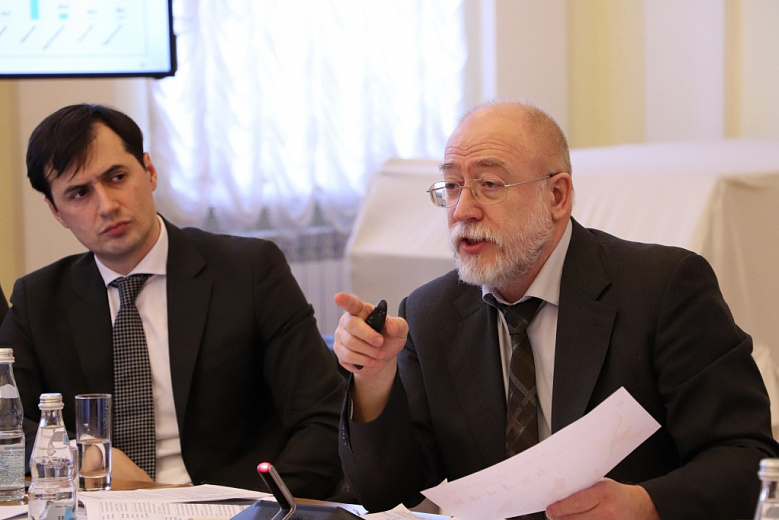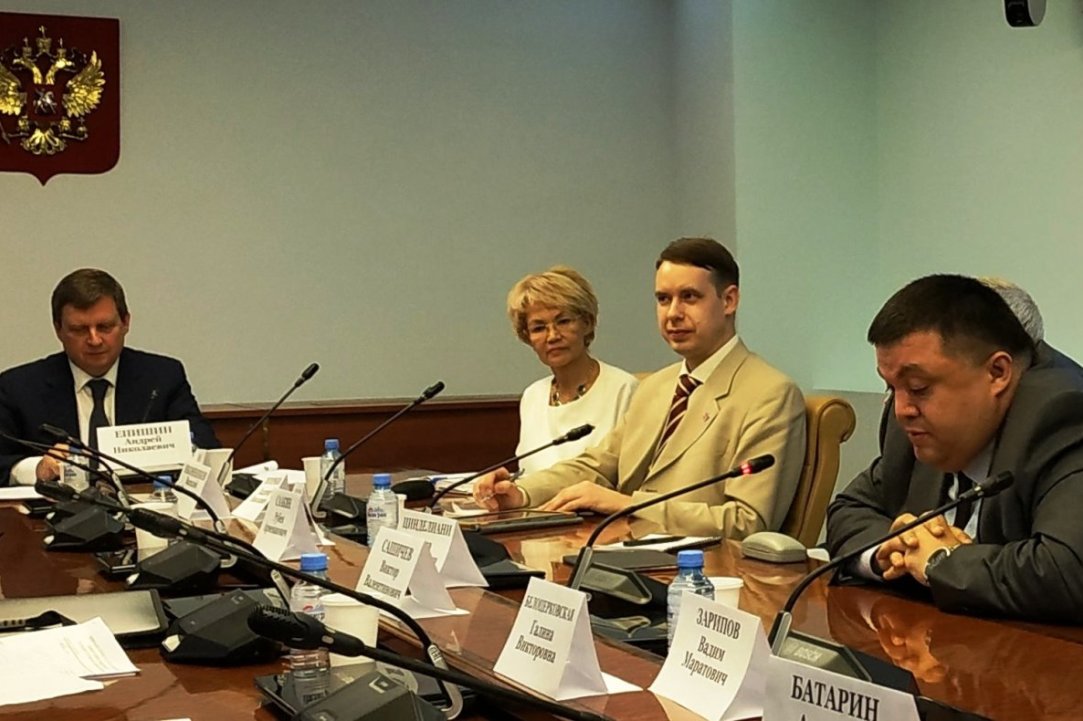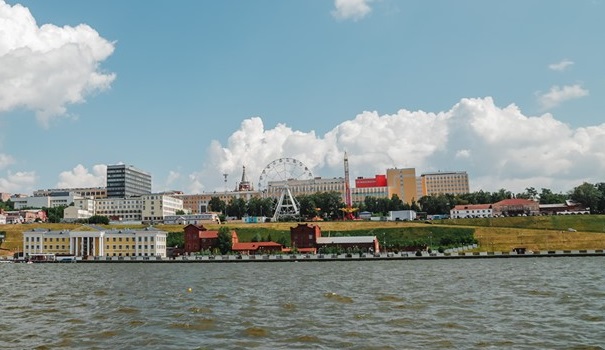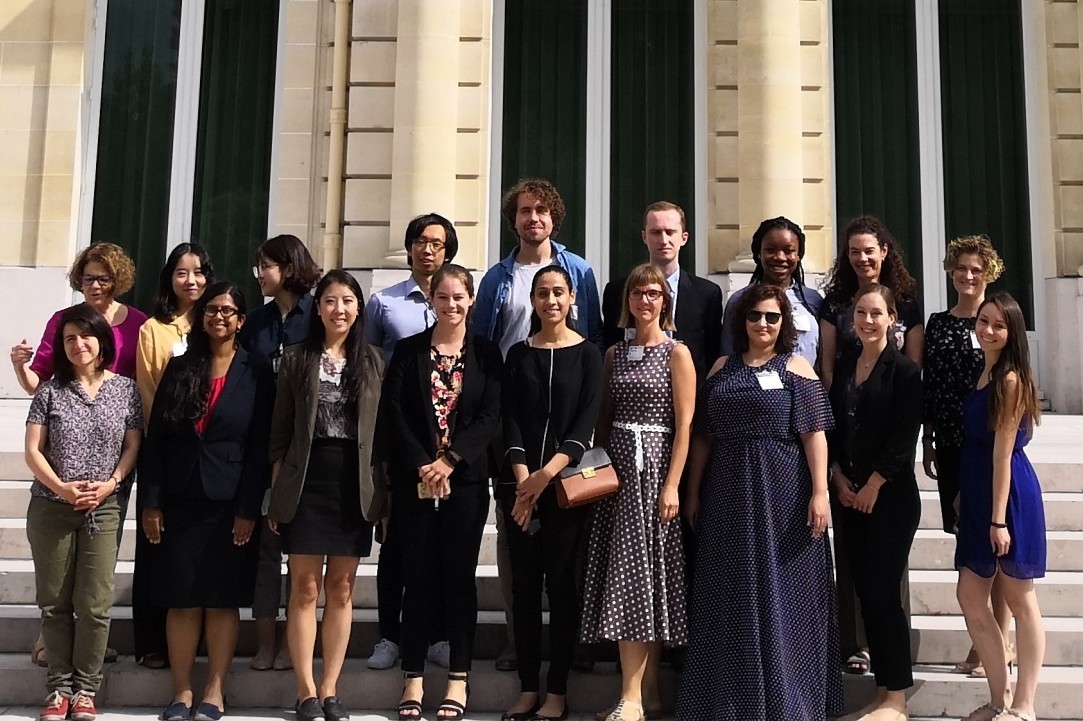.jpg)
HSE Launches Online Course on the Digitalization of Megapolises in Partnership with Coursera
The programme is aimed not only at students, but also city administration employees, IT specialists, and company managers. Course content allows students to learn about the latest successful developments in megacity digitalization in the context of Moscow. There is no other course like it offered in Russia or the world.

City Development Strategy until 2030 under development in Yaroslavl
A workshop session was held at Yaroslavl City Hall, titled Managing the Long-term Development of Areas: Priorities, Alternatives, Efficiency, with the involvement of municipal deputies, Mayor Vladimir Volkov, representatives of the city’s Public Chamber and experts. Specialists from the Institute for Public Administration and Governance of NRU Higher School of Economics presented the first results from development of the Yaroslavl City Development Strategy until 2030.

The cycle of prohibitions: how to stop the regulatory guillotine from becoming a mockery
Public officials will inevitably overstate the benefits of regulation while private business will exaggerate the costs. Therefore, reformers need to agree on a system for gauging the consequences of either revoking or preserving current rules.
Expert opinion - Daniil Tsygankov to RBC.
A digital future for strategic planning
On 18 October, NRU HSE hosted a round table, devoted to development of strategic planning documents under the auspices of the Federal Strategic Planning Information System.

Model Tax Code for the CIS
On 27 November, the Federation Council hosted a round table discussion on Using the Model Tax Code for CIS Member States While Improving Russian Federation Legislation,organised by the Federation Council Committee on Budget and Financial Markets. In his report, Vladimir Tyutyurtyukov, Associate Professor at NRU HSE and one of the document’s authors, put forward a number of proposals for developing the Russian Tax Code, taking into account the new provisions for the CIS that the Model Tax Code has introduced.

Digital economy development concept elaborated for Udmurtia
Experts from NRU HSE have elaborated a draft concept for developing a digital economy for the Udmurt Republic up to 2024. The concept describes the digital transformation of social services, industry and trade, agriculture, the public security system and other areas.
We’ve caused a stir in Pskov Region, says HSE expert on elaboration of a socio-economic development strategy
The strategic session Socio-economic development prospects for Pskov Region up to 2035 has begun in Pskov. The Higher School of Economics is a key strategic partner in elaboration of the socio-economic development strategy for Pskov Region. Konstantin Golovshchinsky, Deputy Director of the Institute for Public Administration and Governance, NRU HSE believes that, as part of the session, its participants will work in groups to fill certain initiative matrices and then present them. They will work together to analyse the external environment of the Pskov Region and internal factors, determining strengths, weaknesses, opportunities and threats.

HSE Advocates for Environmental Transparency
More than 40% of Russian citizens consider changing their place of residence due to environmental problems. This was a statistic cited by Lyaila Sinyatullina, Head of the Department of Advanced Studies at HSE University’s Institute for Public Administration and Governance, at a roundtable dedicated to an environmental information bill that will be reviewed by the Russian State Duma.
%5B1%5D.jpg)
Infection with reform ideas: HSE expert review comes to Kazan
The Institute for Public Administration and Governance, NRU HSE and the Higher School of Public and Municipal Governance of the Kazan Federal University have held the first series of workshops in Kazan on implementation of reform of control and oversight practices. The idea of launching a training programme for regional and municipal operatives arose following a meeting of the NRU HSE Rector Yaroslav Kuzminov and Tatarstan President RustamMinnikhanov this spring.

Programme and Policy Assessment School in Paris
Thanks to a Faculty of Social Sciences grant, Olga Minchenko has completed training at a summer school for programme and policy assessment in Paris.
